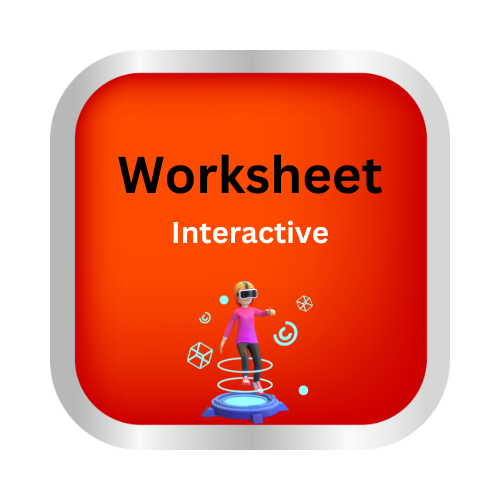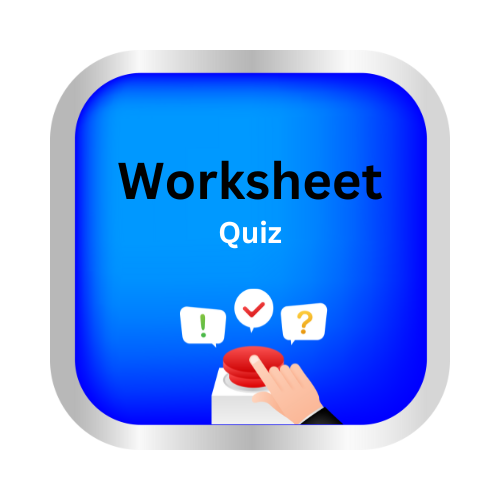Find words using context
Key Notes:
| What are Context Clues? |
Context clues are hints found within a sentence, paragraph, or passage that a reader can use to understand the meanings of new or unfamiliar words. Think of them as detective tools for your vocabulary! Instead of immediately reaching for a dictionary, try using the surrounding words to figure out what the unfamiliar word means.
| Types of Context Clues |
There are several types of context clues you can look for:
- Definition/Explanation: The word’s meaning is directly stated in the sentence.
- Synonym/Restatement: Another word with a similar meaning is used in the sentence.
- Antonym/Contrast: A word with the opposite meaning is used, helping you infer the unknown word’s meaning.
- Example: Examples are provided to illustrate the meaning of the word.
- Inference: The meaning is not directly stated but can be inferred from the surrounding sentences.
| Definition/Explanation Example: Archaeology, the study of ancient cultures, is fascinating. Synonym/Restatement Example: The loquacious professor, known for his chattiness, lectured for three hours. Antonym/Contrast Example: Unlike her gregarious sister, who loved parties, Jane was reserved and quiet. Example Clue Example: Aquatic animals, such as fish, crabs, and dolphins, live in the sea. Inference Example: The sweltering heat and lack of water made the travelers lethargic; they moved slowly and spoke listlessly. | These examples illustrate how context can help you understand a new word. Now let’s go through each of these context clues in more detail. |
| Practice Exercises |
Instructions: Read each sentence or paragraph carefully. Identify the unfamiliar word and use context clues to determine its meaning. Write down the meaning and the type of context clue you used.
- The old house was dilapidated, with broken windows and peeling paint.
- Because the mountain pass was treacherous, we decided to find another route.
- The student’s procrastination, or delay in starting her essay, resulted in a poor grade.
- The dessert was luscious; every bite was delectable.
- The teacher asked us to be concise and to not use more words than needed.
| Next Steps |
Keep practicing using context clues whenever you encounter unfamiliar words in your reading. The more you practice, the better you’ll become at unlocking the meaning of new words and expanding your vocabulary!

